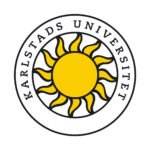Global impact on urban planning
Leveraging AI and EO to shape the future of urban environments globally
focused on sustainable development
Contributing to global SDGs by addressing urban inequalities and climate challenges
in-depth case studies across majority world
Analyzing urban areas across Global South to derive actionable insights
community centered approach
Engaging local communities and global stakeholders for sustainable outcomes
OUR MISSION
As rapid urbanization continues to reshape the Majority World (MW), the number of people living in deprived urban areas (DUAs) is expected to soar to 2 billion by 2030. These communities face heightened risks from infectious diseases,
environmental health challenges, and the impacts of climate change – risks that are often more severe than those faced by residents in affluent, more developed neighborhoods.
Unfortunately, there is a significant lack of reliable data to properly monitor and understand these DUAs, leaving gaps in our knowledge about their characteristics and the risks they face. DEPRIMAP aims to fill this critical gap
by leveraging cutting-edge geospatial technology and machine learning techniques.
Our project utilizes data form Copernicus satellites and other publicly available resources, such as building footprints, to map, model, and analyze DUAs in key cities across the world, including Buenos Aries, Khartoum, Lagos, Nariobi,
and Dhaka (tentative locations). Through close collaboration with local communities and stakeholders, DEPRIMAP seeks to deepen our understanding of the physical, demographic, and socio-economic aspects of these areas.
By comparing DUAs with non-DUAs, particularly in relation to natural hazards like flooding, drought, and heatwaves, DEPRIMAP’s goal is to contribute valuable insights that support the creation of more resilient and sustainable urban
environments. Ultimately, our work aligns with global Sustainable Development Goals (SDGs), aiming to improve the lives of the most vulnerable urban citizens in the Majority World.
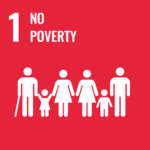
no poverty
DEPRIMAP aims to improve the well-being of people living in DUAs, who are often among the most impoverished communities
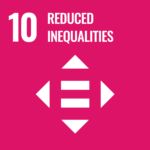
reduced inequality
DEPRIMAP focuses on understanding and reducing inequalities within urban areas, particularly between DUAs and non-DUAs
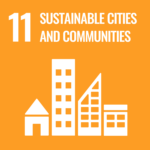
sustainable cities and communities
DEPRIMAP contributes to creating sustainable urban environments by improving knowledge and data on DUAs, which are crucial for inclusive urban planning
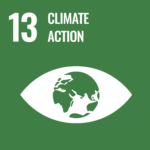
climate action
DEPRIMAP supports efforts to enhance climate resilience in urban areas by assessing the vulnerability of DUAs to climate-related hazards like flooding, heatwaves
DEPRIMAP is a research funded by FORMAS (Swedish Research Council, application 2023-01210) involving KAU (Karlstad University, Sweden)

